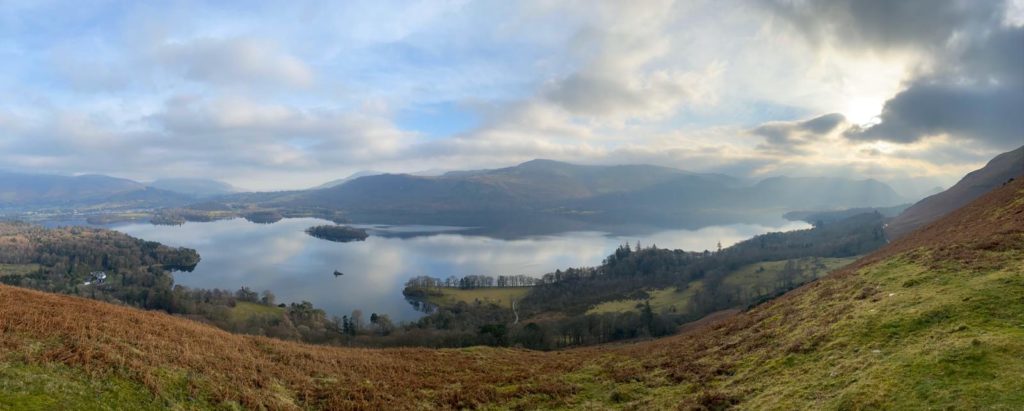January 1, 2020 is Public Domain Day: Works from 1924 are open to all!
This from Duke Law School:
On January 1, 2020, works from 1924 will enter the US public domain, where they will be free for all to use and build upon, without permission or fee. These works include George Gershwin’s Rhapsody in Blue, silent films by Buster Keaton and Harold Lloyd, and books such as Thomas Mann’s The Magic Mountain, E. M. Forster’s A Passage to India, and A. A. Milne’s When We Were Very Young. These works were supposed to go into the public domain in 2000, after being copyrighted for 75 years. But before this could happen, Congress hit a 20-year pause button and extended their copyright term to 95 years.
Now the wait is over. How will people celebrate this trove of cultural material? The Internet Archive will add books, movies, music, and more to its online library. HathiTrust will make tens of thousands of titles from 1924 available in its digital library. Google Books will offer the full text of books from that year, instead of showing only snippet views or authorized previews. Community theaters can screen the films. Youth orchestras can afford to publicly perform the music. Educators and historians can share the full cultural record. Creators can legally build on the past—reimagining the books, making them into films, adapting the songs.
I see the hand of James Boyle in this. A great scholar, and a wonderful advocate for the public domain.


